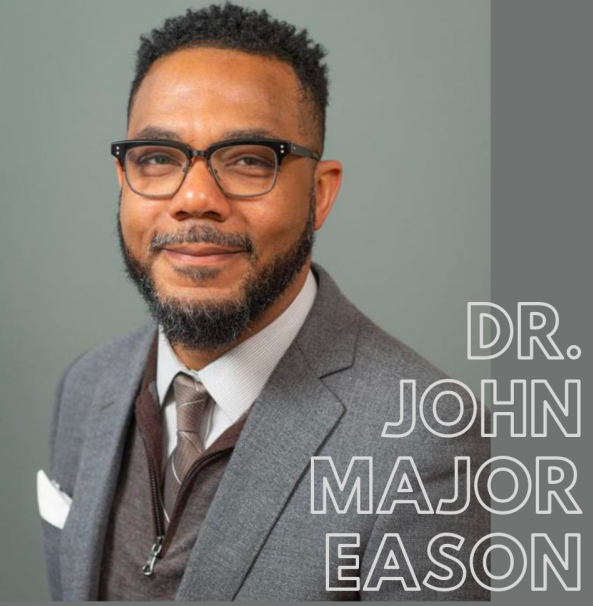Lecture to discuss connection between rural America and the prison boom
John Eason, associate professor in the department of sociology at the University of Wisconsin-Madison, will be presenting a lecture about how the prison boom has transformed rural America.
October 28, 2019
Rural America and the “prison boom” have a number of connections, and a professor from the University of Wisconsin-Madison will speak on campus about some of these connections Tuesday.
At 7:30 p.m. Tuesday in the Memorial Union’s Sun Room, John Eason, associate professor of sociology at the University of Wisconsin-Madison, will deliver his lecture “In Our Backyards: How the Prison Boom Transformed Rural America.” Lecture attendees will learn about the rapid increase of prisons in rural areas and its effect on communities. It will also highlight how prisons, particularly private prisons, are an issue in rural communities.
Eason is the author of “Big House on the Prairie: Rise of the Rural Ghetto and Prison Proliferation.”
Before his career in academia, he was a church-based community organizer who focused on issues regarding housing and the criminal justice system.
One of the main reasons why Eason was asked to speak at Iowa State was the relevance of his research to the area, according to Leana Bouffard, an organizer of the event.
According to the Iowa State Committee on Lectures, Eason’s current research “re-examines theories about community, health, race and punishment with a rural versus urban lens.”
Research teams at Iowa State are currently performing research on rural communities as well. For example, the ISU Smart and Connected Communities project examines how small communities in Iowa continue to thrive despite shrinking populations, according to its website.
Bouffard also said Eason’s research was relevant to the student population at Iowa State, which includes many small-town Iowans.
“I think it brings a different viewpoint to the way we often think about rural communities and the criminal justice system,” Bouffard said.
Eason’s intentions, according to Bouffard, are to highlight “current, interesting and new” directions in rural sociology.

















